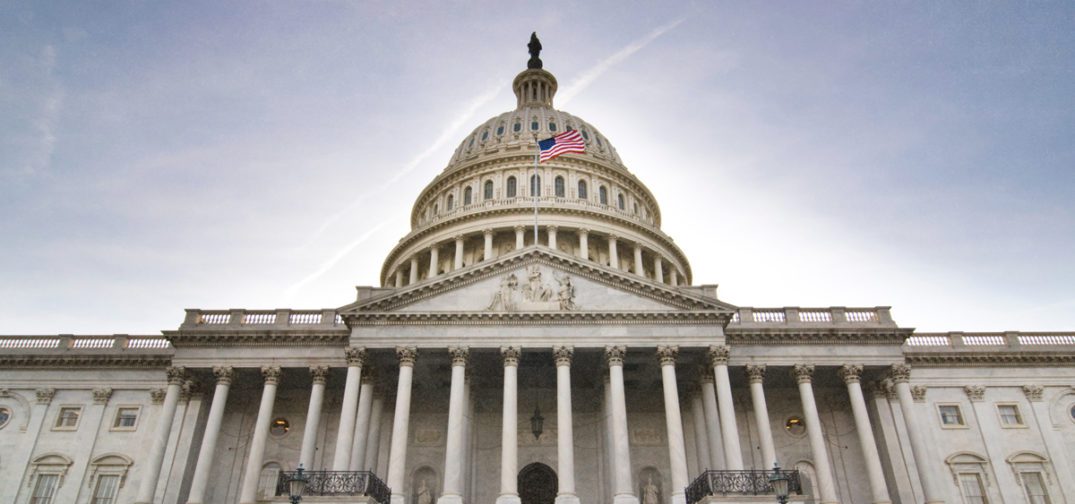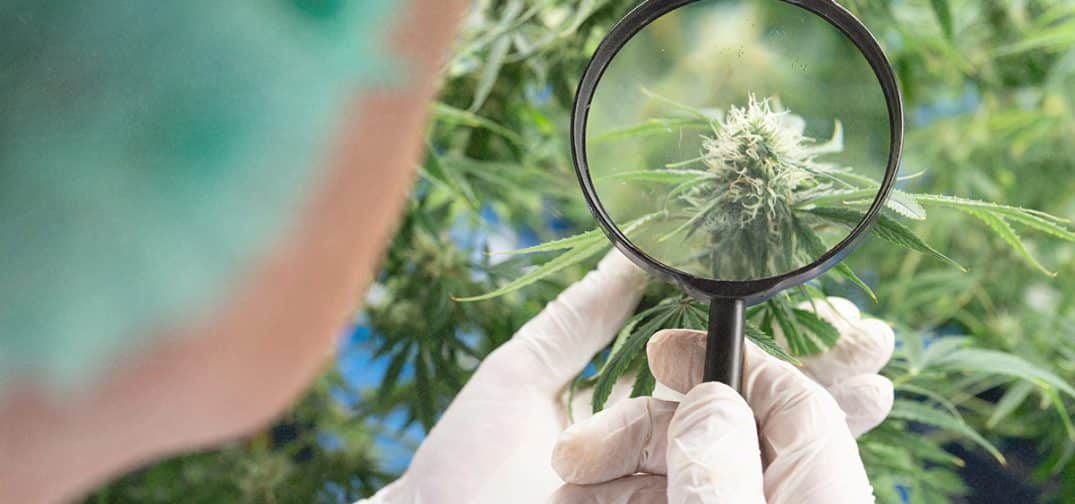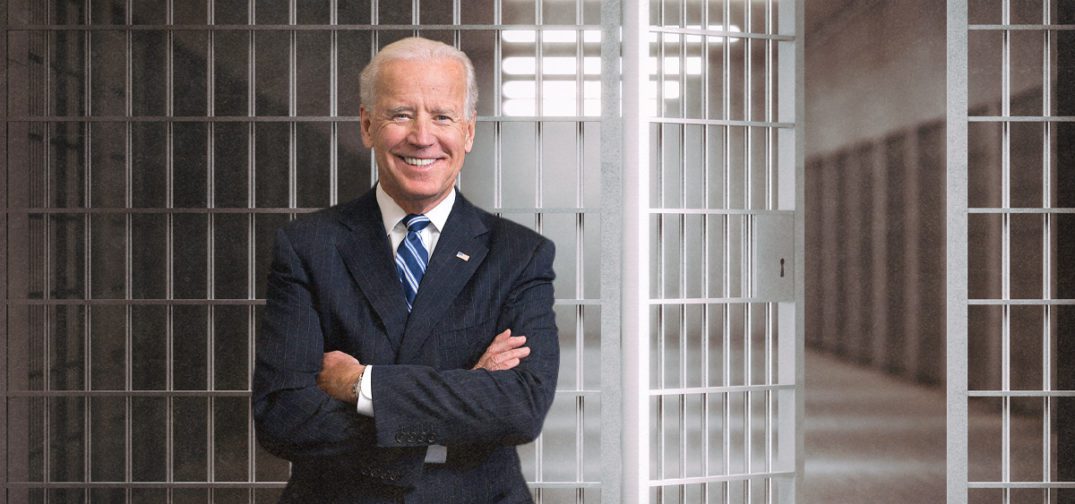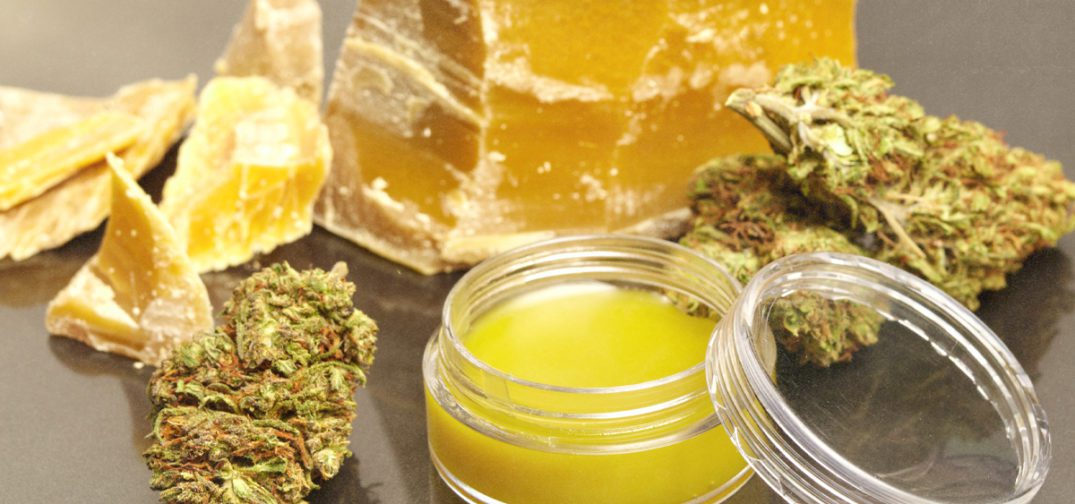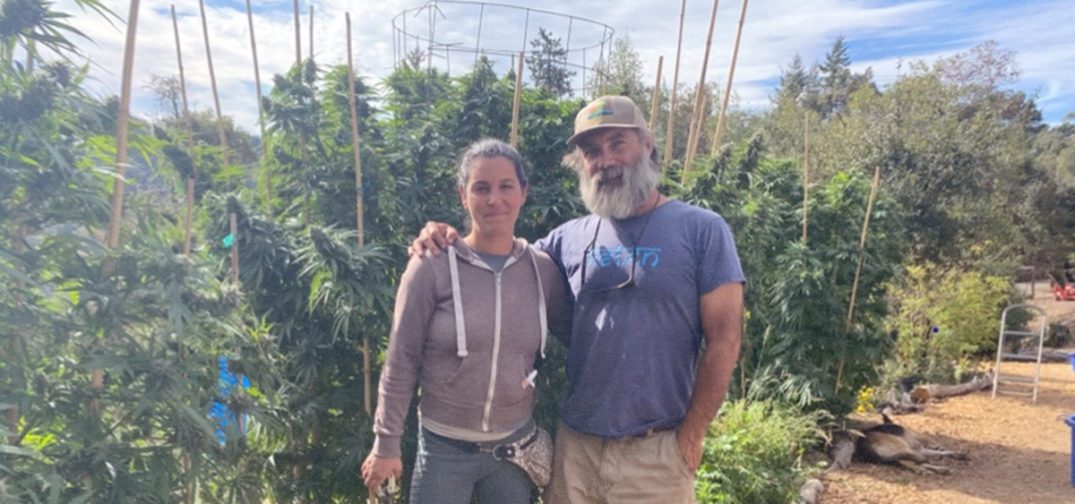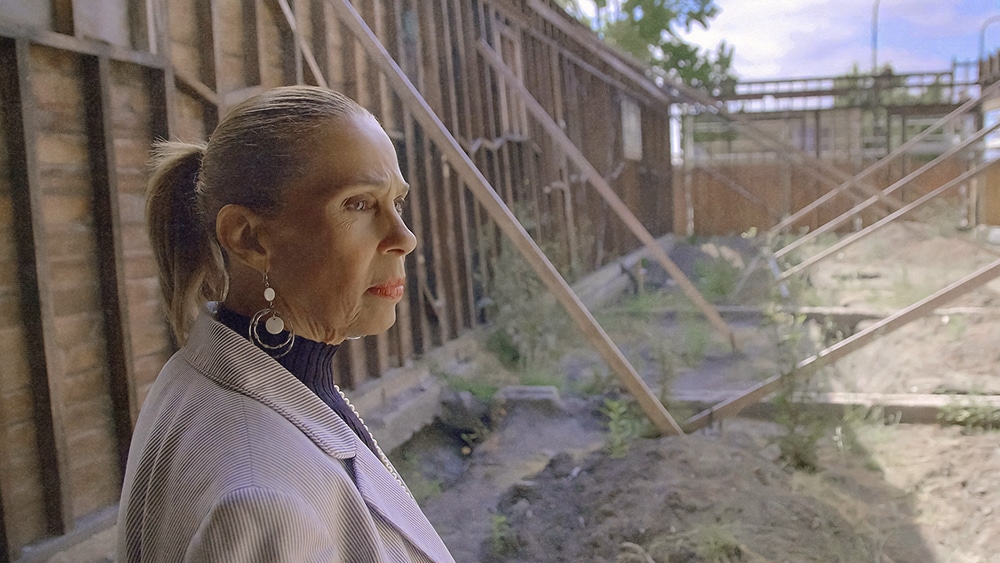This article is excerpted from The SAFE Banking Act: Explained. Download the full report here.
Lawmakers continue to discuss how to best move cannabis banking reform across the finish line of the Senate floor now that it’s been removed from the COMPETES Act. As legislators debate the next steps, we hope our peers in the field understand that this law is not just about making life more convenient for cannabis business owners. It would serve as a catalyst for cross-industry development benefitting multiple sectors across the economy.
We can’t discuss the SAFE Banking Act without acknowledging the ripple effect it will trigger for the entire industry and its partners. We predict these key movements in the field if cannabis banking reform is passed this year.
“Overall, expect the cannabis industry to continue growing as news of the SAFE Banking Act develops and watch dedicated cannabis partners step up to hold the industry to higher standards.” — Ross Sloan, SVP Hemp & Cannabis Banking, West Town Bank & Trust
Referral Networks Will Grow
With more ancillary businesses equipped to do more and better business within the cannabis industry, we expect to see growth in the number and quality of partners available to stakeholders. Supporting plant-touching and non-plant touching businesses through financial services creates a strong web of referral networks. This fosters growth at every stage of the industry, from industrial producers finding the right distributors at better prices to retailers selecting better marketing partners to connect with more consumers.
If cannabis banking reform is signed into law, banks can expect to see new customers, vendors can expect stronger demand for their services, and cannabis business owners can anticipate wider access to a whole range of services, vendors, and support for their company. At the end of the day, the entire economy of cannabis businesses would grow in both size and strength.
Supply Chain Bottlenecks Could Loosen
Disruptions in the cannabis and hemp supply chains are not necessarily prompted by COVID, rather bottlenecks in this industry are exacerbated by current laws, lending practices, and market volatility. Secure, reliable financial services could offer much-needed stability to support businesses at every stage of production, but especially to the farmers providing the raw materials that power the rest of the industry.
Many farmers planted hemp crops just a few years ago following the passage of the 2018 Farm Bill to start feeding the growing demand for hemp. The result: too much product.
To make matters worse, the current laws prevent business owners from accessing capital through affordable channels. Businesses have a tough time securing the financing needed to get them through tight spots, which limits their abilities to do business with their vendors and suppliers. The lack of guaranteed business discourages farmers to return to a crop that has already disappointed them.
The SAFE Banking Act of 2022 mitigates risk for banks to lend to hemp and cannabis businesses. Banks may have more flexibility to offer loans to middle-of-the-chain businesses, which could support farmers who need more reassurance to grow more hemp.
Financial Institutions Will Still Face Challenges from Local Governments
Even if cannabis is legalized at a federal level, it doesn’t solve the very real problem of getting local law enforcement on board. Financial institutions still face the risk of their state and local governments putting up barriers to serving cannabis-related businesses, regardless of what happens at the federal level.
Banks would still be exposed to potential risks if they are out of touch with the climate in their area and/or don’t have a program dedicated to understanding the nuances of this constantly evolving industry. What happens if the state enacts its own laws that don’t directly impact banking, but restrict your customers’ ability to make money on their product? What happens if local law enforcement doesn’t know your customer is a compliant company and seizes their assets?
It will still take time to eliminate all the risks associated with banking cannabis. Unfortunately, this is not something any stakeholder can fully control. We can, however, combat these risks by educating each of our own stakeholders, vocalizing our support of the legal practices in the industry, and engaging in conversations with industry leaders to help break the stigmas associated with legitimate cannabis businesses.
The SAFE Banking Act’s Ripple Effect Will Be Felt Throughout Financial Services
We expect legislation like the SAFE Banking Act to create a ripple throughout the entire financial services industry. Banking is just the beginning. The law already makes stipulations for increased access to loans and insurance, it’s not too far-fetched to expect that it also paves the way for more innovation in payments, leading to a better experience for both a cannabis business’s clients and for the financial institutions who service them.
Continue reading The Safe Banking Act: Explained at westtownbank.com.
About West Town Bank & Trust | Established in 1922, West Town Bank & Trust provides tailored financial solutions to emerging and underserved industries. Its dedicated cannabis banking program offers a full suite of financial service products to cannabis businesses and their ancillary partners. This includes business checking accounts, electronic payment options, and more.
Regulatory compliance is a key cornerstone of the Bank’s cannabis banking program. The in-house team is entirely comprised of Certified Cannabis Bankers, a number of whom currently serve on the Cannabis Financial Institutions Group of the National Cannabis Roundtable. The cannabis banking program at West Town Bank & Trust is now accepting applications at www.westtownbank.com/cannabis-banking.


